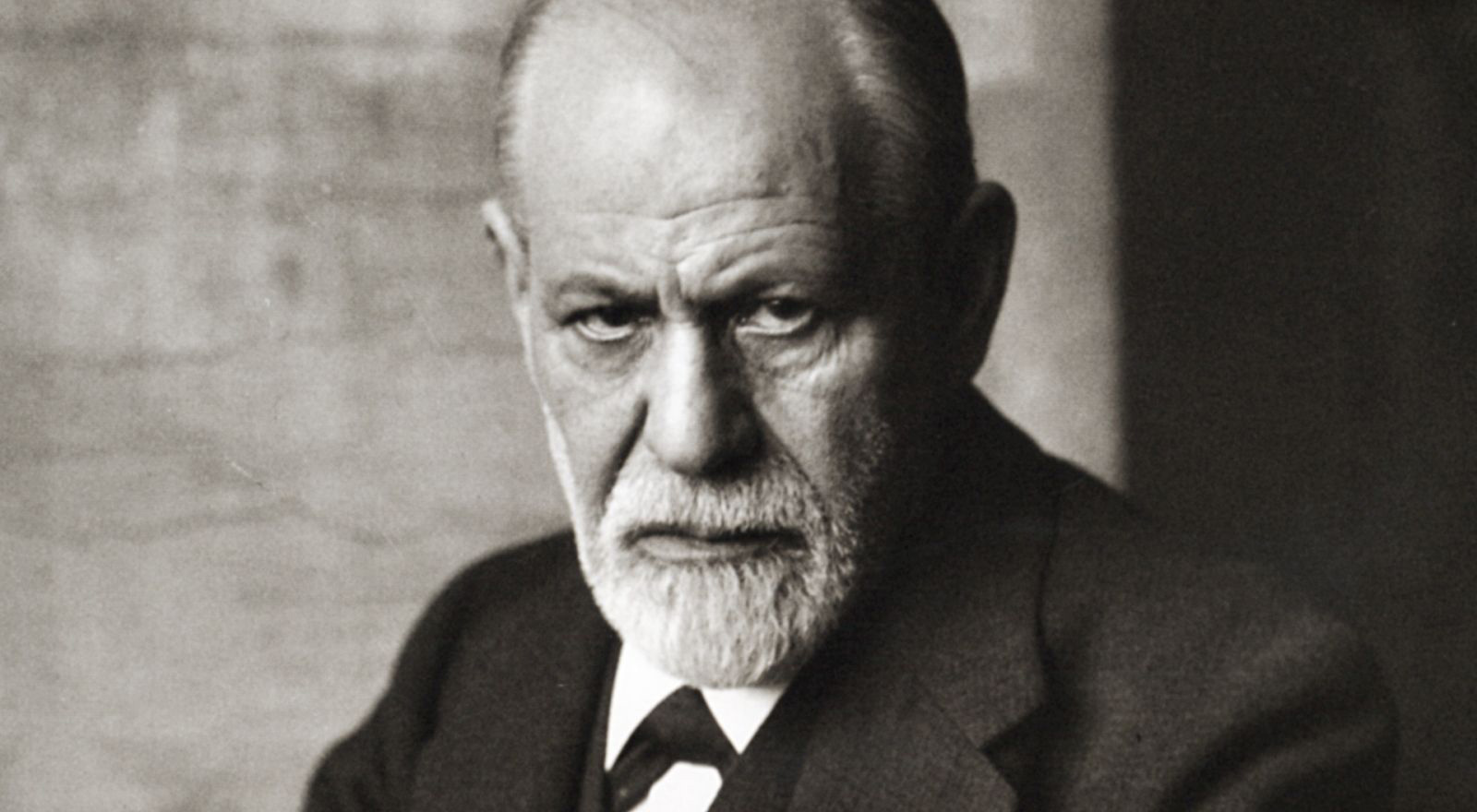Austrian psychiatrist of Jewish origin, father of psychoanalysis and one of the greatest intellectual figures of the twentieth century.
Along with Charcot, he learns the technique of hypnosis in the treatment of hysterical patients. From that experience, Freud seeks to cure hysteria and personality disorders. However, it substitutes hypnosis for the free association of ideas on the part of the patient. This lays the foundation for the therapeutic treatment of psychoanalysis. The path of analysis is established by two different ways of structuring the theory of personality. The first distinguishes between unconscious, preconscious and conscious. The second a model of the personality integrated by the id, the self and the super-self.
Freud postulated the existence of a polymorphous perverse infantile sexuality, a thesis that caused intense controversy in the Puritan society of the Vienna of the early twentieth century and for which he was accused of pansexualism. His theories, however, continue to be discussed and criticized, if not simply rejected. Many limit their contribution to the field of thought and culture in general, there is a wide debate about whether or not psychoanalysis belongs to the field of science. On August 28, 1930, Freud was awarded the Goethe Prize of the city of Frankfurt am Main for his creative activity. Also in honor of Freud, who is often called the father of psychoanalysis, the name “Freud” was given to a small lunar impact crater found on a plateau within Oceanus Procellarum, in the northwestern part of the visible side of Moon.
Learn more about your health and well-being at Pharmamedic.









